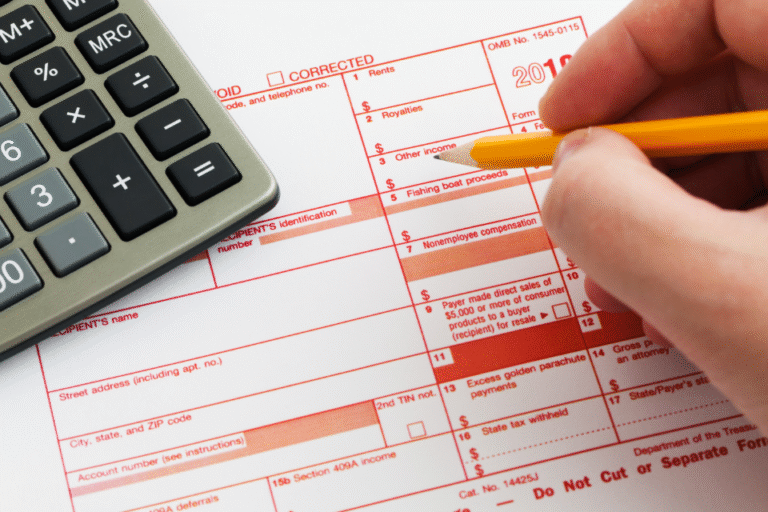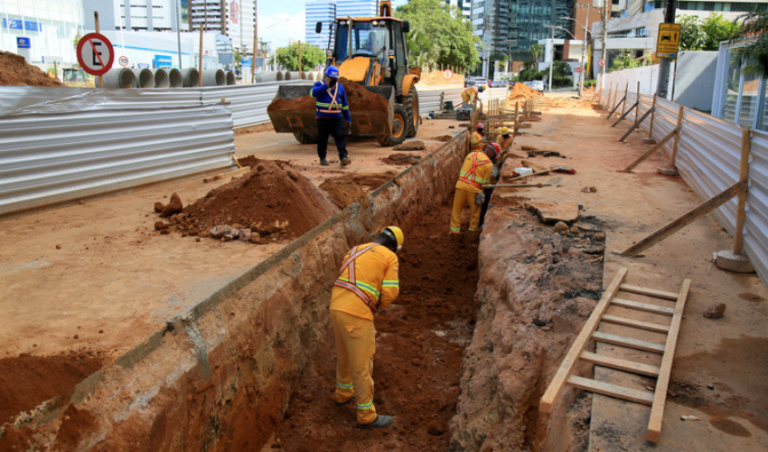How Often Should Surveys Be Updated?
Land surveys are essential for defining property boundaries, supporting development projects, and resolving disputes. While a survey does not technically expire, relying on outdated information can lead to costly mistakes or delays. Over time, land features, legal requirements, and ownership details can change, making updated surveys critical for accuracy and compliance. Knowing when to update your survey helps protect your investment and ensures peace of mind.
When You Buy or Sell a Property
Property transactions are one of the most common times when surveys need updating. An accurate, current survey ensures the land matches the legal title, giving buyers, sellers, and lenders confidence in the transaction. Without one, you may inherit disputes, easements, or encroachments that were not previously identified.
Before Building or Renovating
If you’re planning to build a fence, extension, or new structure, an updated survey is vital. Councils often require recent survey plans for approval, especially if works are close to property boundaries. Relying on outdated plans increases the risk of accidental encroachment, which can result in expensive legal and construction issues.
Subdivision & Development Projects
Subdivision or strata developments require current, certified surveys. Councils and NSW Land Registry Services will not accept outdated plans, as boundary and zoning requirements may have changed. An updated survey helps ensure your project meets today’s standards and avoids unnecessary delays.
Boundary Disputes with Neighbours
When disputes arise between neighbours, a certified survey provides legally recognised evidence of boundary positions. If the survey is outdated, it may not reflect current conditions, weakening your position. Updated surveys give clarity and help resolve disputes quickly and fairly.
Large or Rural Property Changes
Owners of larger or rural properties often face unique challenges such as shifting fences, new easements, or altered access points. Updating surveys in these cases helps clarify property limits, rights of way, and potential encroachments. If you’re managing or repurposing rural land, working with a professional land surveyor NSW ensures accuracy and compliance with current regulations.
Changes in Land Features or Regulations
Natural changes such as erosion, flooding, or the loss of original boundary markers can impact property lines. Similarly, planning updates like zoning amendments, new flood-prone designations, or heritage restrictions may require updated surveys to ensure your property complies with today’s rules.
Legal Requirements for Survey Updates
Only registered surveyors can certify boundary surveys in NSW, and councils often require up-to-date plans for development or compliance. Using an outdated survey risks rejection of your application, financial setbacks, or disputes over ownership and use.
How to Know If Your Survey Needs Updating
You should consider an update if:
- You’re buying, selling, or refinancing a property
- You plan to build, subdivide, or lodge a development application
- Boundaries or features on your property have changed
- A neighbour disputes your property lines
Consulting a registered surveyor is the simplest way to determine whether your existing survey is still valid for your needs.
In Closing
Surveys may not expire, but their accuracy and relevance can diminish over time. Buying, selling, developing, or managing property all present situations where an updated survey is crucial. By working with a registered professional, you ensure that your boundaries and legal documents remain precise, compliant, and reliable.






